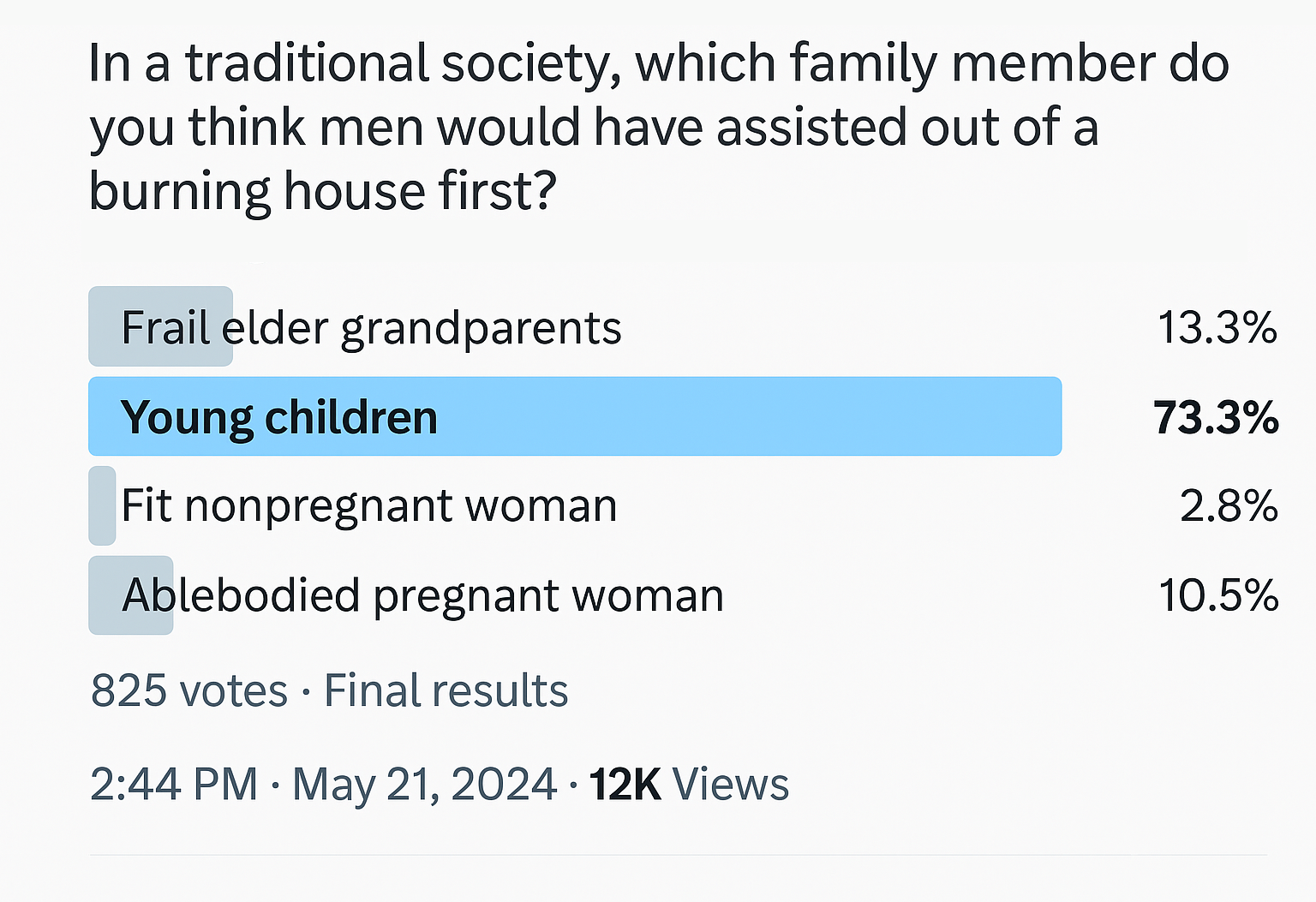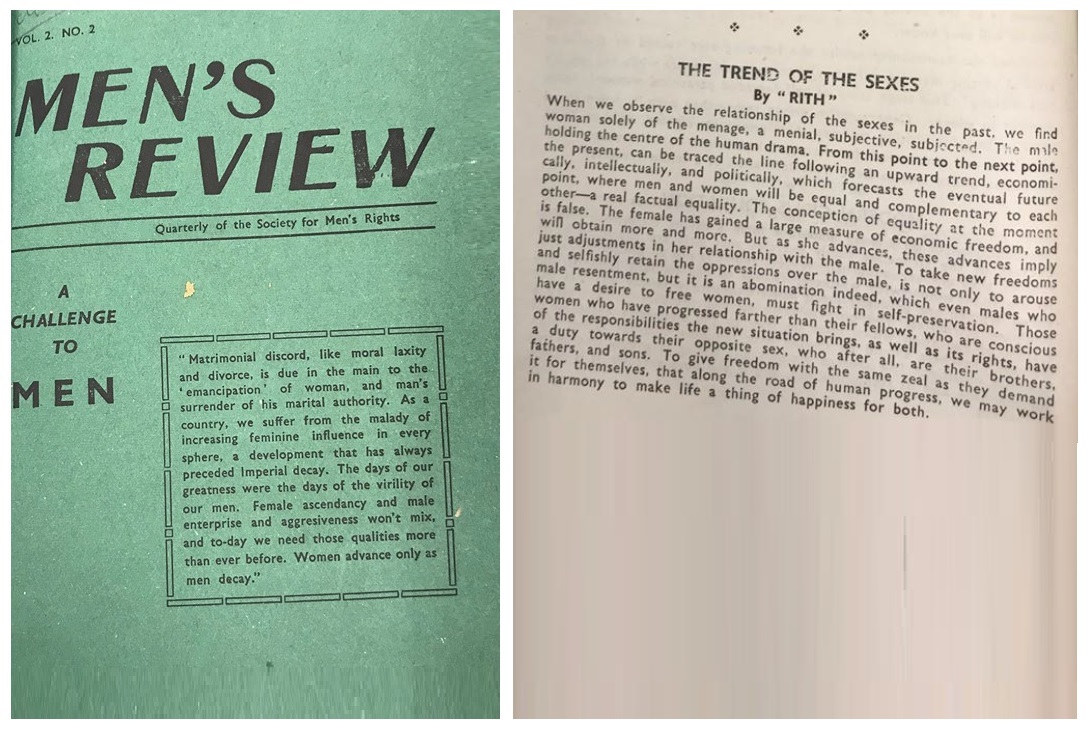Below are specific studies and findings that indicate facial traits in certain male populations that are more neotenous than in women, focusing on traits like high foreheads, larger eyes, and any other relevant features. Each source is accompanied by a one-sentence description summarizing the male trait identified as more neotenous than in women.
- Study: Cunningham, M. R. (1986). “Measuring the physical in physical attractiveness: Quasi-experiments on the sociobiology of female facial beauty.” Journal of Personality and Social Psychology, 50(5), 925–935.
- Finding: In certain East Asian male populations, relative eye size (larger eyes compared to facial width) is greater than in women, contributing to a more neotenous appearance.
- Description: East Asian men’s larger eye-to-face ratio is more neotenous than in women due to proportionally bigger eyes resembling juvenile features.
- Study: Enlow, D. H. (1990). Facial Growth (3rd ed.). Philadelphia: Saunders.
- Finding: Men across various populations tend to have taller foreheads relative to their facial structure compared to women, a trait associated with juvenile proportions.
- Description: Men’s higher foreheads are more neotenous than women’s, as they reflect the larger forehead-to-face ratio seen in infants.
- Study: Rhodes, G. (2006). “The evolutionary psychology of facial beauty.” Annual Review of Psychology, 57, 199–226.
- Finding: In men with minimal facial hair (e.g., in some Asian or Native American populations), the smoother, less angular jawline appears more neotenous than in women with more defined mandibular structures.
- Description: Lower facial-hair male populations with softer jawlines are more neotenous than women’s more defined jaws, resembling youthful, less dimorphic features.
- Study: Perrett, D. I., Lee, K. J., Penton-Voak, I., et al. (1998). “Effects of sexual dimorphism on facial attractiveness.” Nature, 394(6696), 884–887.
- Finding: In populations with low sexual dimorphism (e.g., some East Asian or Scandinavian groups), men’s softer facial tissue and less pronounced brow ridges appear more neotenous than women’s more structured features.
- Description: Men’s softer facial tissue and reduced brow ridge prominence in low-dimorphism populations are more neotenous than women’s sharper features, mimicking juvenile softness.
- Study: Farkas, L. G. (1994). Anthropometry of the Head and Face. New York: Raven Press.
- Finding: In some male populations (e.g., certain European groups), a narrower nasal bridge relative to facial width is observed, which is more neotenous than the broader nasal structure often seen in women.
- Description: Men’s narrower nasal bridges in certain populations are more neotenous than women’s broader nasal structures, resembling the delicate noses of juveniles.






